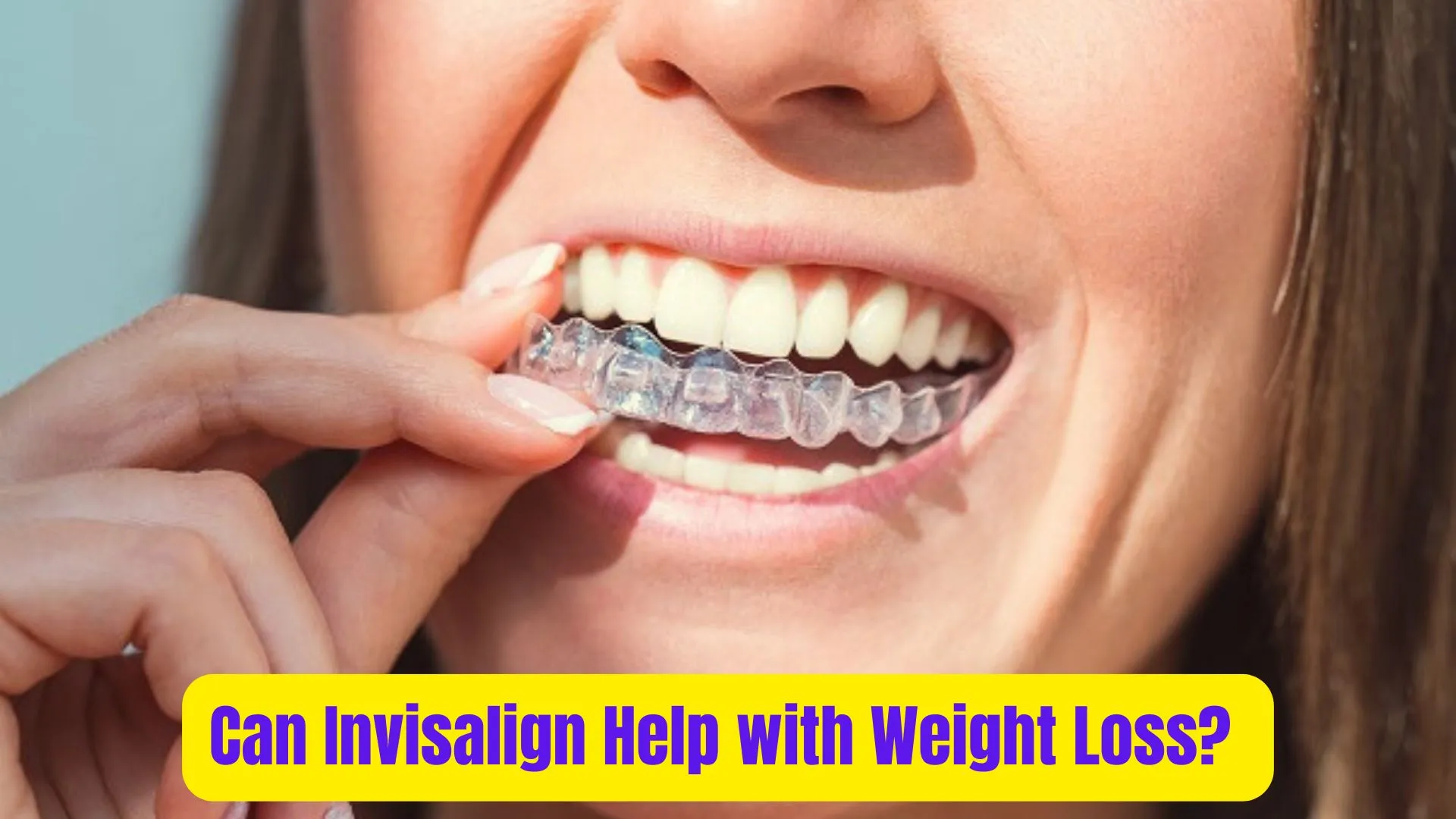Can Invisalign Help with Weight Loss?

Imagine trying to solve a puzzle—each piece fits perfectly into place, but only after you carefully plan your moves. Invisalign works much the same way, gradually aligning your teeth step by step. But here’s the twist: as you focus on solving this dental puzzle, you might find yourself reshaping other habits, including how and when you eat. This phenomenon has many people asking, can Invisalign help with weight loss? In this article, we explore the surprising ways Invisalign could influence your lifestyle and eating patterns, potentially leading to unexpected benefits.
What Is Invisalign and How Does It Work?
Invisalign is a modern orthodontic treatment that uses a series of clear, removable aligners to shift teeth into their proper position. Each aligner is custom-made to fit your teeth snugly, with adjustments occurring gradually over weeks and months. Unlike traditional braces, Invisalign is nearly invisible and far more convenient to manage.
A crucial aspect of the treatment is that aligners must be worn for 20–22 hours daily and removed before eating or drinking anything other than water. This simple rule often changes how users approach mealtime, creating a ripple effect that impacts their overall habits.
How Invisalign Might Contribute to Weight Loss
The question of whether Invisalign can help with weight loss lies in its impact on daily routines. Let’s break down the key ways this treatment might indirectly influence weight management.
1. Limits Spontaneous Snacking
Wearing Invisalign makes you think twice before grabbing a quick snack. The extra step of removing aligners, brushing your teeth, and cleaning the trays can be enough to deter mindless munching, leading to a reduction in calorie intake.
2. Encourages Regular Mealtimes
Users often find themselves eating less frequently because of the hassle of removing and reinserting their aligners. This can naturally encourage structured meals rather than constant grazing throughout the day.
3. Supports Healthier Choices
Foods that are sticky, sugary, or stain-prone are typically avoided by Invisalign wearers to maintain aligner cleanliness and oral hygiene. This leads many to choose healthier, low-maintenance options like fruits, vegetables, and water.
4. Boosts Water Consumption
Since aligners can stay in while drinking water, users often increase their water intake. This not only keeps the body hydrated but may also reduce feelings of hunger and prevent overeating.
The Science Behind Invisalign and Weight Loss
Although Invisalign is not marketed as a weight-loss tool, its behavioral impact aligns with strategies often recommended for managing weight. Limiting snacking, focusing on meal quality, and drinking more water are all proven methods to reduce caloric intake.
However, it’s important to emphasize that weight loss is not guaranteed. Results vary widely depending on an individual’s habits and lifestyle choices during treatment.
Maximizing Invisalign’s Lifestyle Benefits
If you’re using Invisalign and curious about enhancing its incidental benefits, consider these practical tips:
1. Plan Your Meals
Use aligner removal as an opportunity to establish regular meal schedules. Avoid grazing and instead focus on balanced, portion-controlled meals.
2. Prioritize Nutritional Quality
With fewer snacking opportunities, make your meals count by incorporating whole, nutrient-dense foods that provide lasting energy.
3. Stay Consistent with Oral Hygiene
The effort required to clean your teeth and aligners after every meal can discourage unhealthy, frequent snacking while promoting mindful eating.
4. Use Water as Your Go-To Drink
Aligner rules make water the simplest beverage choice. Take advantage of this to increase hydration and curb unnecessary hunger cues.
Common Questions About Invisalign and Weight Loss
Does Invisalign Cause Weight Loss for Everyone?
Not necessarily. While some users may see incidental weight changes due to altered eating habits, others might maintain their regular diet and caloric intake.
Is Invisalign a Reliable Weight-Loss Method?
No, Invisalign is designed solely for dental correction. Weight changes are an unintended side effect and not a guaranteed outcome of treatment.
Can Dietary Changes with Invisalign Be Unhealthy?
Potentially, if users overly restrict their intake. It’s crucial to maintain a balanced diet and consult with professionals for personalized advice.

Can Invisalign Really Help with Weight Loss?
Invisalign’s primary purpose is to straighten teeth and improve oral health. However, the behavioral adjustments required—fewer snacks, healthier meal choices, and increased water intake—can sometimes lead to subtle weight loss. These lifestyle changes, though incidental, are a welcome side benefit for many users.
Ultimately, Invisalign should not be viewed as a weight-loss tool but as an opportunity to adopt better habits. For those considering this treatment, its indirect impact on your eating patterns may pleasantly surprise you.




